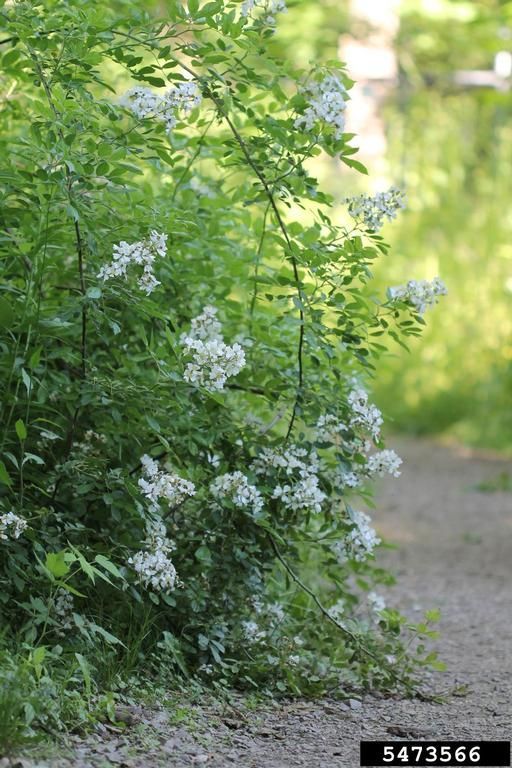January NRC Preview
There are no new commission orders on the agenda at the January Natural Resource Commission (NRC) meeting.
The first meeting of 2023 will be held next Thursday, January 12 at Lansing Community College at 9 am. No action items are in front of the commissioners this month.
Acting Department of Natural Resources Director Shannon Lott has a trio of action items from the December meeting in front of her.
First is the Prairie River Stream Temperature Redesignation Management Area , which would change the designation of the waterbody to a coldwater stream.
Second is Fisheries Order 216.23 which brings the minnow, wiggler and crayfish regulations in line with the newly-passed statute.
Lastly, Wildlife Conservation Order No. 1 of 2023 would set new guidelines and requirements for wildlife rehabilitators in the state.
There are four land transactions on the agenda. Michigan United Conservation Clubs reviews all transactions exceeding 80 acres.
Under new business is Land Use Order of the Director Amendment No. 1 of 2023 , which is the forest road inventory statewide proposed changes.
The Fisheries Committee will see a presentation from Dr. Seth Herbst on aquatic invasive species, and the committee of the whole will see a presentation on Land Use Order of the Director Amendment 1, as well as Elk Season results from DNR Deer and Elk specialist Chad Stewart. Lastly commissioners will get a multi-division presentation on DNR Management for Climate Impacts.
MUCC will be streaming the meeting on our Facebook page as technology allows.
To ensure our natural resources remain protected and managed thoughtfully in perpetuity, join Michigan United Conservation Clubs today: http://bit.ly/JoinMUCC .
The post January NRC Preview appeared first on Michigan United Conservation Clubs.
Recent Posts



